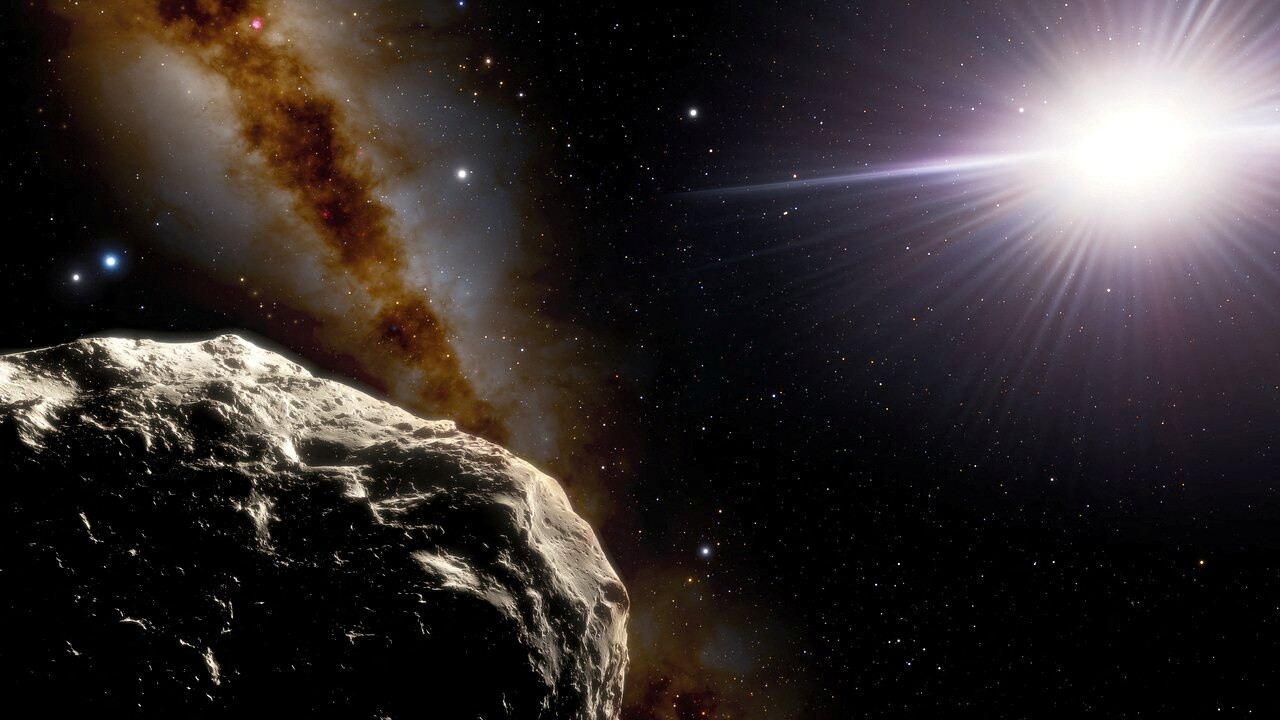Popular Reads
Top Results
Can't find what you're looking for?
View all search resultsPopular Reads
Top Results
Can't find what you're looking for?
View all search resultsAsteroid to come 'extraordinarily close' to Earth: NASA
Asteroid 2023 BU, which was recently discovered by an amateur astronomer, will zoom by the southern tip of South America at around 4:27 pm PST on Thursday (0027 GMT Friday), according to NASA.
Change text size
Gift Premium Articles
to Anyone
A
truck-sized asteroid passes near Earth on Friday in one of the closest approaches to our planet ever recorded, NASA said, emphasising that it poses no danger.
Asteroid 2023 BU, which was recently discovered by an amateur astronomer, will zoom by the southern tip of South America at around 4:27 pm PST on Thursday (0027 GMT Friday), according to NASA.
It will pass just 2,200 miles (3,600 kilometres) from Earth's surface, much closer than many geostationary satellites orbiting the planet.
But there is no risk that the asteroid will hit Earth, NASA said in a statement on Wednesday.
Even if it did, the asteroid measuring 3.5-8.5 metres (11-28 feet) across would largely disintegrate in the Earth's atmosphere, potentially just resulting in a few small meteorites.
It was discovered on Saturday from an observatory in Crimea by amateur astronomer Gennadiy Borisov, who previously spotted an interstellar comet in 2019.
Dozens of observations were then carried out by observatories across the world.
NASA's Scout impact hazard assessment system quickly determined that the asteroid would miss Earth, the US space agency said.
"Despite the very few observations, it was nonetheless able to predict that the asteroid would make an extraordinarily close approach with Earth," said NASA's Davide Farnocchia who helped develop Scout.
"In fact, this is one of the closest approaches by a known near-Earth object ever recorded."
The asteroid will come so close that its trajectory around the Sun will be significantly altered.
Previously it took the asteroid 359 days to complete its orbit around the Sun, but after this close call with Earth, it will now take 425, NASA said.











